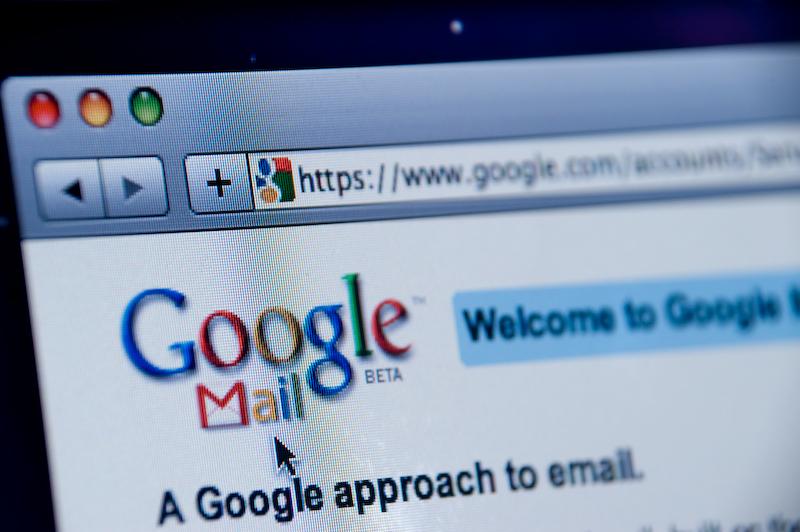Windows 8 is a disaster because of its all new Start Screen, forced touchscreen interface and the cumbersome and low-quality apps. Rectifying almost all the downsides of Windows 8 and including the good things of Windows 7, Microsoft unveiled Windows 10.
Unlike other previous versions, Microsoft actually took feedback from users to improve the features and visual aesthetics. Here are some compelling reasons why you should consider upgrading to Windows 10.

